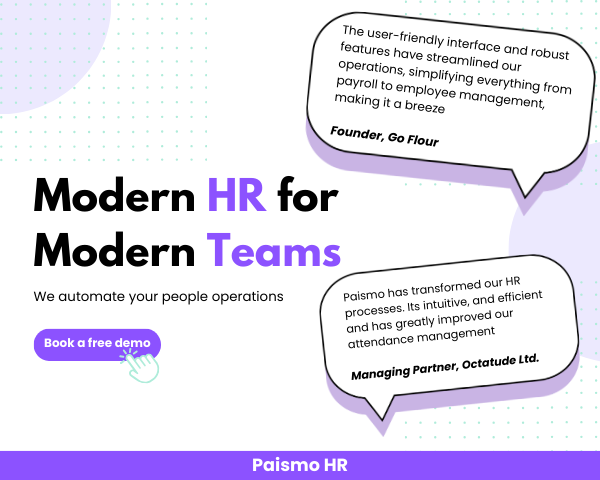A process used to verify an applicant's credentials, employment history, criminal record, and education before hiring.
What Is a Background Check?
A background check (or background screening) is the process of reviewing a job applicant’s personal, professional, and legal history. Employers typically use third-party services to verify the accuracy of an applicant’s credentials and assess potential risks before making a hiring decision.
Information is typically gathered from sources such as:
- Public records
- Law enforcement databases
- Credit bureaus
- Educational institutions
- Previous employers
Background checks are a key step in the pre-employment screening process, helping ensure candidates are both qualified and a good fit for the organization while minimizing risk.
Types of Background Checks
1. Criminal Background Check
Identifies any criminal history at the local, state, federal, or national level. These checks may include:
- Criminal convictions
- Sex offender registry status
- Inclusion on watchlists (e.g., FBI, OFAC No-Fly List)
Why it's used: To assess potential risk, especially in roles involving sensitive information or vulnerable populations.
2. Employment and Education Verification
Confirms that the candidate’s resume and application information is accurate by checking:
- Job history and dates of employment
- References and performance feedback
- Educational qualifications and degrees earned
Why it's used: To prevent résumé fraud and ensure qualifications align with job requirements.
3. Additional Background Checks
Depending on the role, employers may also request:
- Motor Vehicle Records (MVR): Driving history and violations
- Professional License Verification: Confirms validity and standing of licenses
- Credit Report: Reviews debt and financial responsibility (mainly for financial roles)
- Social Media Screening: Examines public content on social media platforms
- Drug Screening: Checks for illegal substance use
What Does a Background Check Consist Of?
To perform a background check, employers typically need:
- Full legal name
- Date of birth
- Past and current addresses
- Social Security number (U.S.)
- Written, standalone consent
A consumer reporting agency or screening provider uses this information to compile a detailed report based on the requested criteria.
When Are Background Checks Used?
Background checks are typically conducted after a conditional job offer has been made. The candidate must provide written consent, as required by the Fair Credit Reporting Act (FCRA) and applicable state laws.
If an employer decides not to hire a candidate based on the results of a background check, they must follow proper adverse action procedures, which may include:
- Providing the candidate with a copy of the report
- Notifying them of their rights
- Allowing time for the candidate to dispute inaccuracies
Why Are Background Checks Important?
- Reduce Hiring Risk: Prevent negligent hiring and protect company reputation
- Verify Credentials: Ensure honesty and transparency during the hiring process
- Promote Workplace Safety: Help build a trustworthy and secure environment
- Maintain Compliance: Follow legal standards and avoid potential lawsuits
Background checks are more than just a formality, they are a critical step in safeguarding your company, your team, and your reputation. By integrating thorough screening into your hiring process, you ensure more informed decisions, improve workforce quality, and foster long-term success.
Become a part of the Paismo community
Paismo is an HR software that can help simplify your HR operations. In today's dynamic economic environment, efficient HR and automated payroll management are no longer a luxury but a necessity. Paismo is a comprehensive solution that transforms traditional HR complexes into streamlined and automated workflows. Paismo and its paired biometric device integration can be used for your business to mark employee attendance and record their timesheets accurately.
Paismo simplifies your tasks with its core HRMS, timesheets, and attendance management, as well as biometric attendance, payroll automation, and leave management system.
Take the first step toward modernizing your HR and payroll processes and explore what Paismo can do for you. Book a demo with our sales team.








